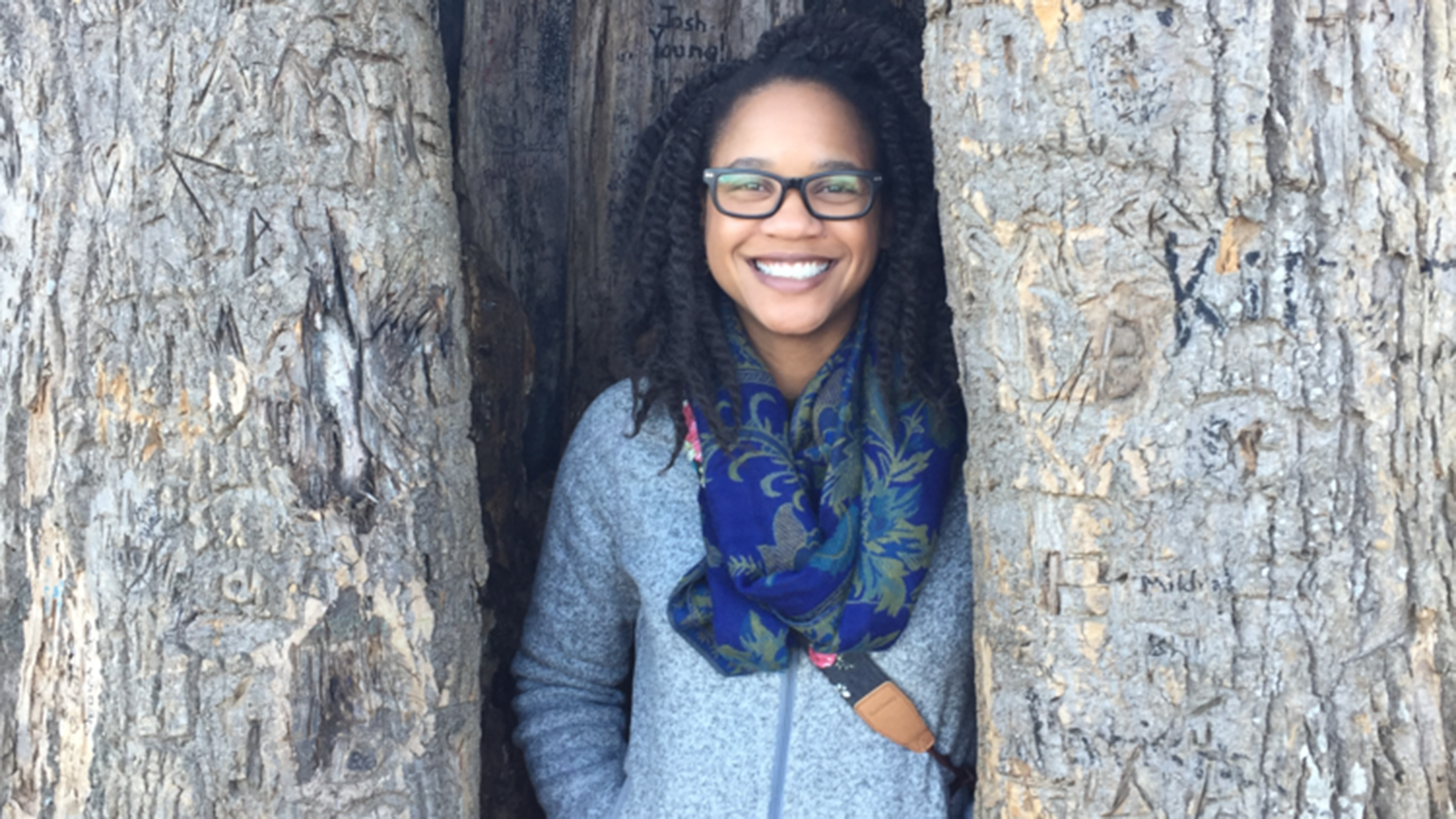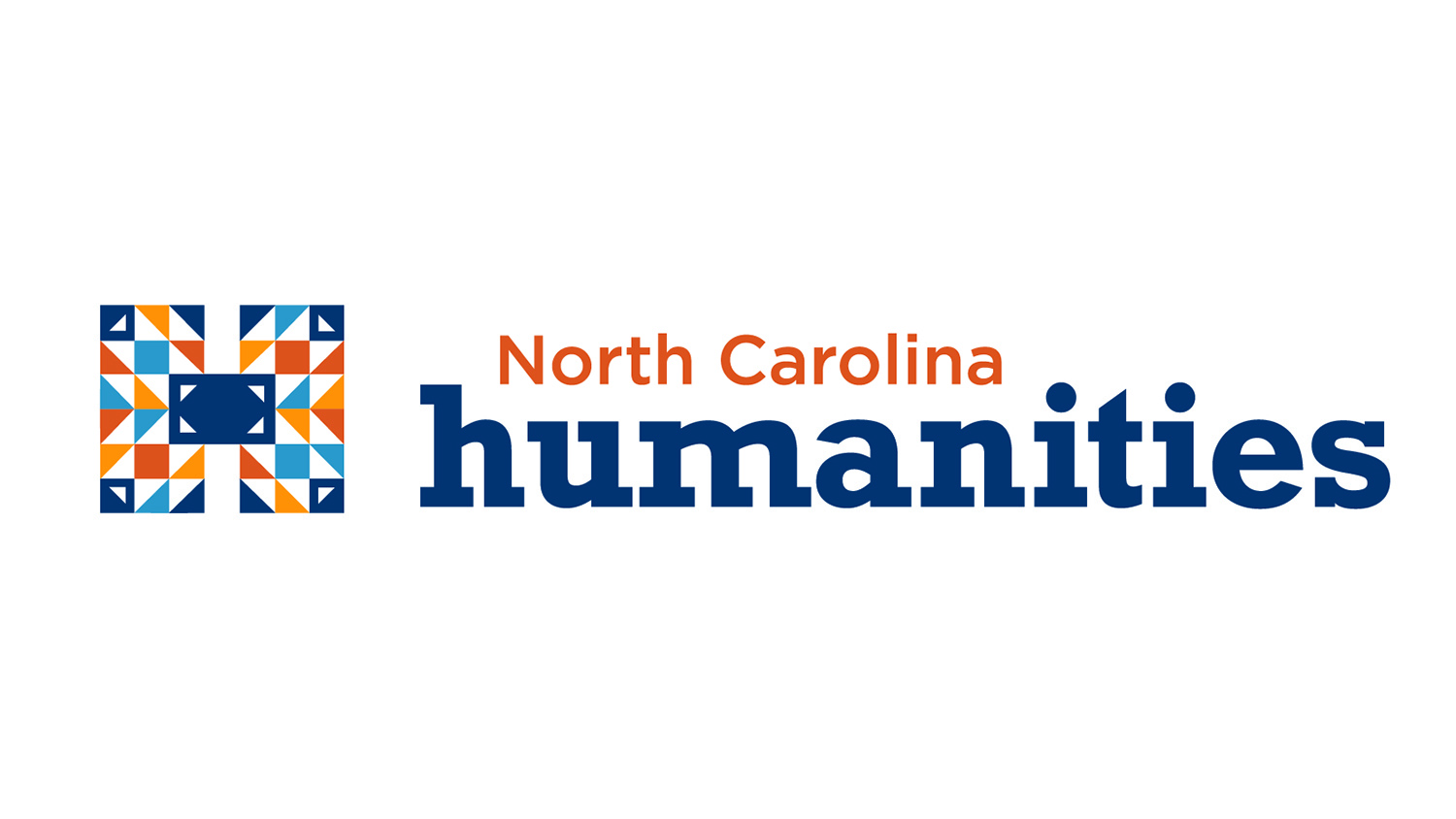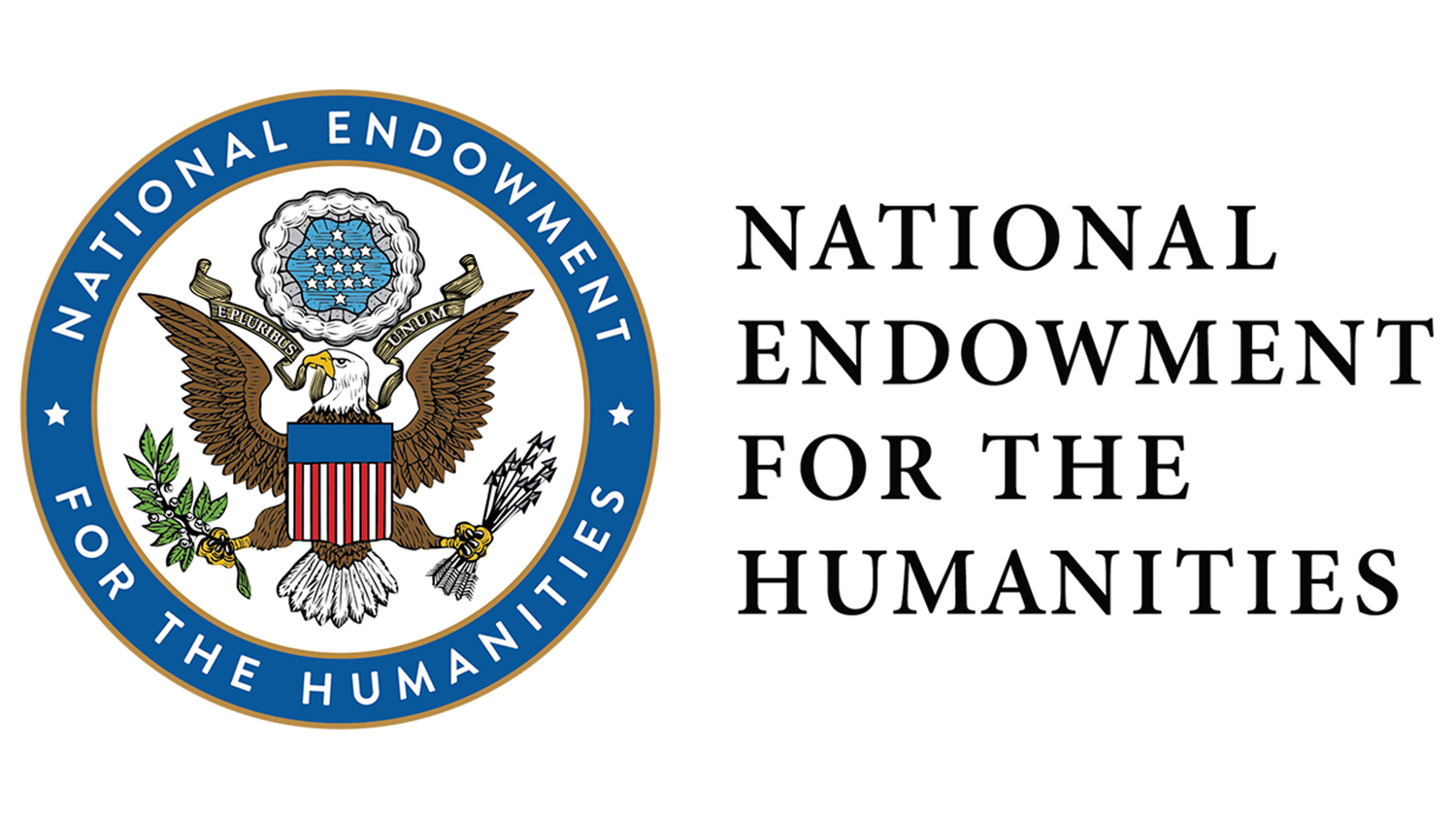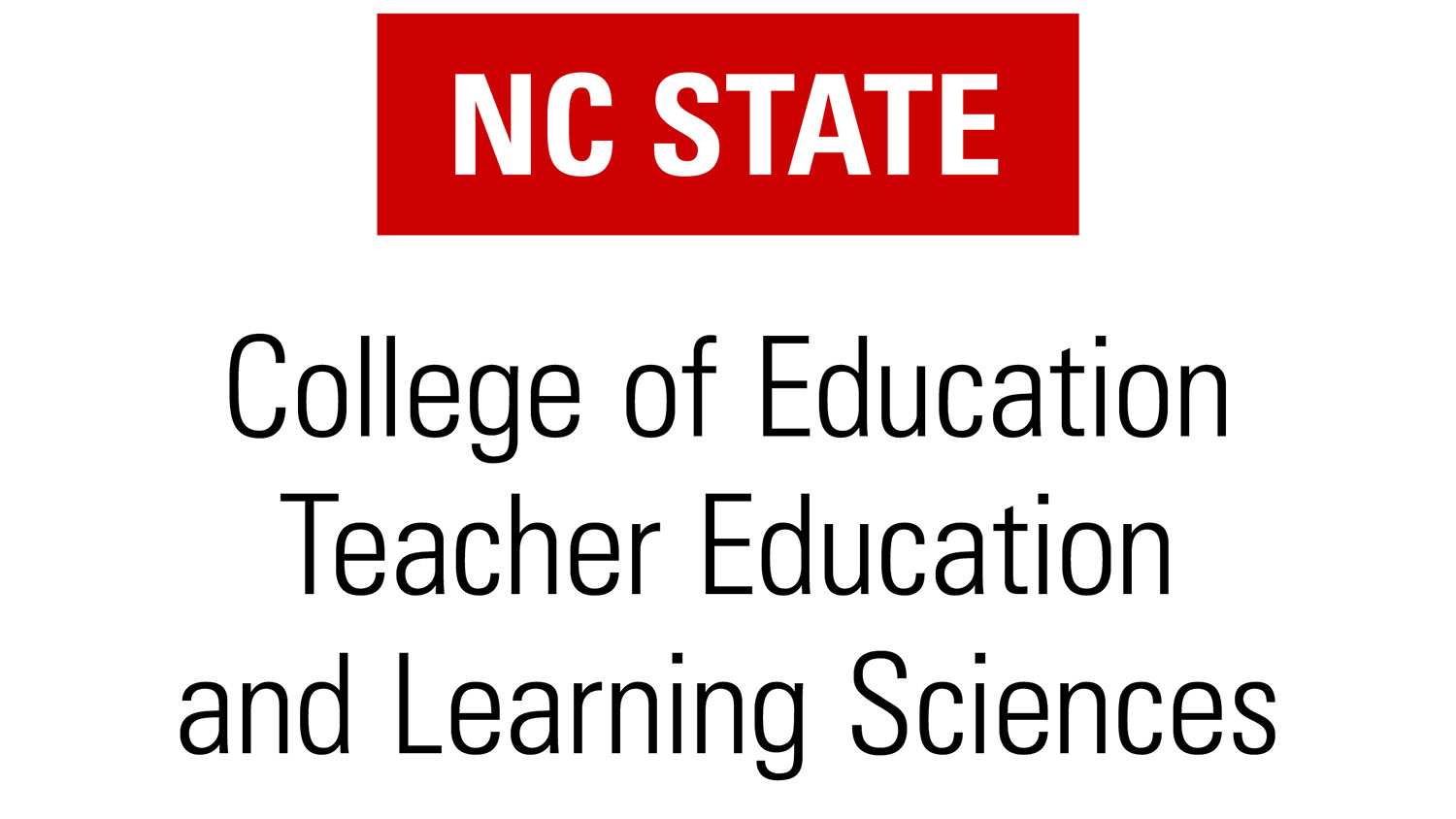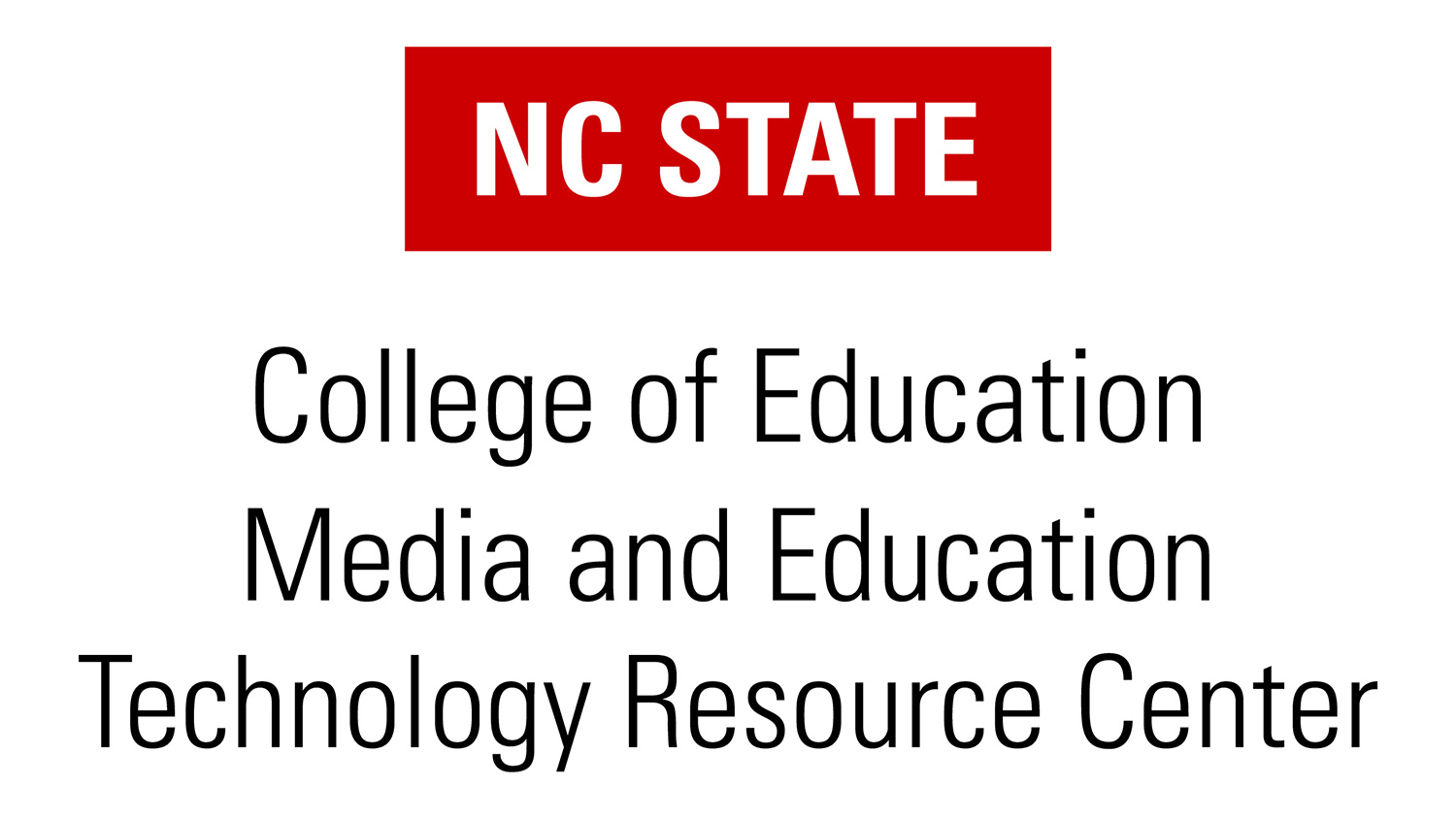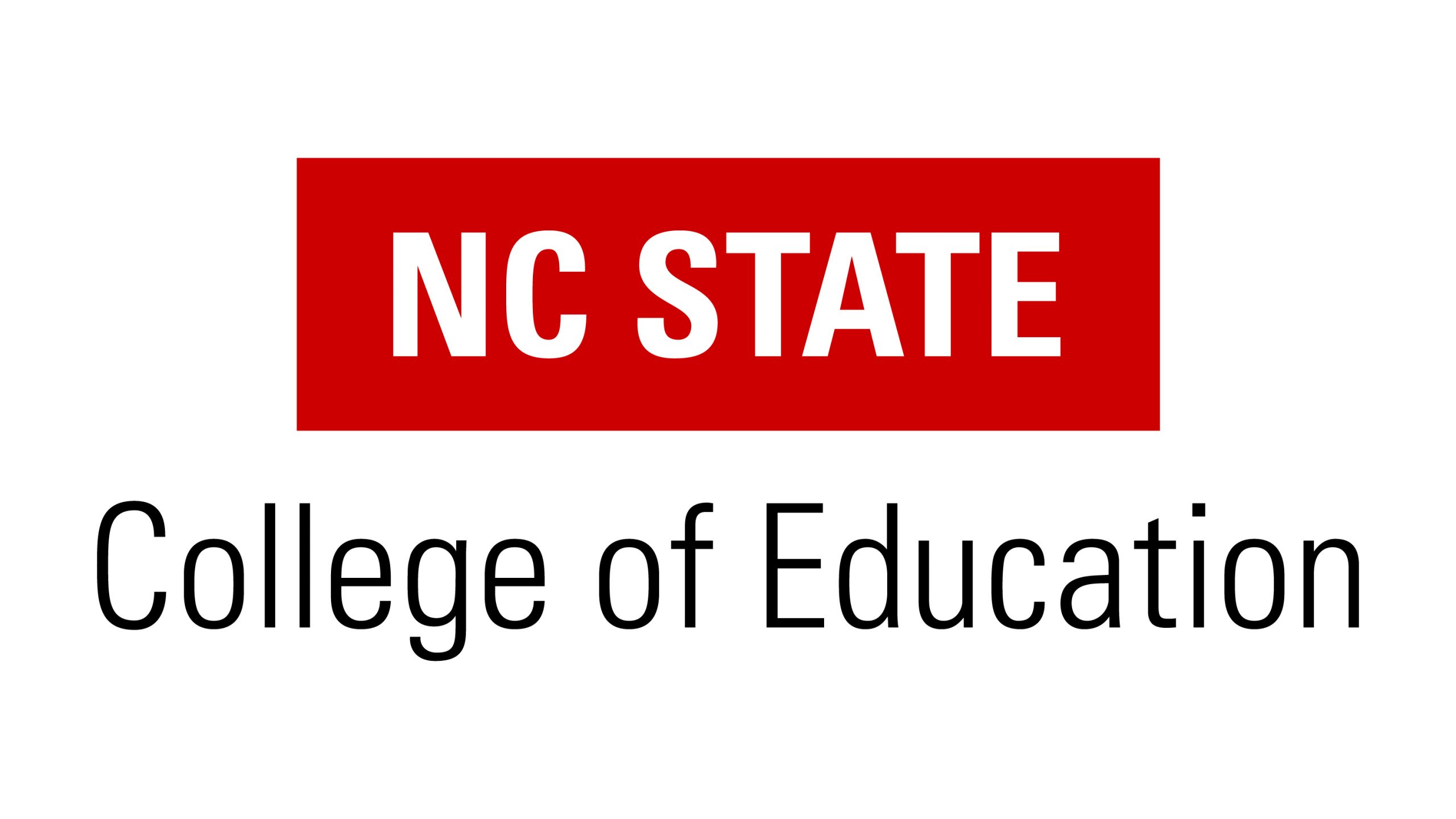
Young Adult Colloquium: Come YAC with the Pack
“Celebrating the Magic of Black Characters”
Learn how to bring the magic of Black characters to life in your classrooms at the 2021 Young Adult Colloquium: Come YAC with the Pack. Designed for educators, librarians and future education professionals, you’ll hear from best-selling Black authors Tracy Deonn and Kwame Mbalia and guest scholar Jewel Davis to gain insight and deepen your understanding of diversity, representation and the role of race, gender and history within diverse texts.
Event Details
- Theme: Celebrating the Magic of Black Characters
- Date: Saturday, August 28, 2021
- Time: 9 a.m. to 4 p.m.
- Venue: James B. Hunt Jr. Library, Library Auditorium and Duke Energy Hall
- Cost: Free
- Audience: Morning keynotes and panel discussions are open to the general public, the NC State community and North Carolina educators, librarians and students. Afternoon sessions are open to the first 100 educators and librarians who register.
- Masks: Masks are required in all indoor spaces on NC State’s campus for students, faculty, staff and visitors, including inside Hunt Library, regardless of vaccination status.
Full Schedule
View the Morning Agenda
The morning session is open to the general public and NC State students and faculty. Space is limited by auditorium seating capacity.
- 8:15 a.m. | Registration/Check In | Book Selling Table
- 8:50 a.m. | Doors Open
- 9:00 a.m. | Welcome and Introduction of Author Tracy Deonn
- 9:15 a.m. | Author Talk: Tracy Deonn
- 10:00 a.m. | Introduction of Author Kwame Mbalia
- 10:15 a.m. | Author Talk: Kwame Mbalia
- 11:15 a.m. | Author Panel with Special Guest Scholar Jewel Davis
- 11:45 a.m. | Closing Remarks
- 12:00 p.m. | Lunch Break and Book Selling
View the Afternoon Agenda
This full day event includes the morning keynotes plus an afternoon of incredible and free professional development sessions led by experts in educational equity, young adult literature and literacy instruction. Spaces are limited to the first 100 in-service educators and librarians. After that, you will be added to a waiting list. If you are a community member, an NC state student or faculty member, or an educator who doesn’t want the afternoon PD, please register for the morning sessions only.
- 1:15 p.m. | Registration/Check In
- 1:40 p.m. | Breakout Sessions A
- Session 1: Speculative Worlds of Color
- Session 2: Combating Anti-Blackness with Culturally Responsive Pedagogies
- Session 3: BIPOC Folk Tales, Fairy Tales, and Legends, Oh My!
- Session 4: Addressing the “Imagination Gap” through Re-storying and Fan-Fiction
- 2:35 p.m. | Break
- 2:45 p.m. | Breakout Sessions B
- Session 5: Speculative Worlds of Color
- Session 6: “You Can’t Be What You Can’t See”: Affirming Black Representation and Black Joy
- Session 7: Closing the Gap: A Diversity, Equity, and Inclusion Curriculum Audit (and More!)
- Session 8: Teaching Fantasy and Speculative YA Fiction through a Critical Literacy Approach
- 3:40 p.m. | CEU and Book Pick Up
Featured Authors

Special Guest Scholar
About the Young Adult Colloquium
The Young Adult Colloquium aims to address the issues surrounding the lack of diversity and representation in young adult literature, with a focus on Black authorship as well as Black main characters in stories with magic as the common thread. The 2021 event will feature two young adult literature scholars who focus on diversity and inclusive young adult literature and curriculum, as well as two nationally-known and celebrated North Carolina Black authors who write novels that amplify Black voices with both female and male main characters.
Through keynotes and panel discussions, participants will engage in discussions with local authors and scholars to deepen their understanding of diversity, representation and the role of race, gender and history within diverse texts. Participants will gain insight from authors whose texts are being featured through book talks, leading to more meaningful connections. And professional development sessions will help equip educators with the knowledge, skills and tools to incorporate diverse texts in their classrooms and teach from these texts using a culturally inclusive lens.
This program was supported by North Carolina Humanities, an affiliate of the National Endowment for the Humanities. www.nchumanities.org Any views, findings, conclusions, or recommendations expressed in this program, do not necessarily represent those of North Carolina Humanities or the National Endowment for the Humanities.


